
The challenge of food insecurity in African continent dominated discussions at the symposium on “Sustainability Science in the Advent of Agenda 2030” organised by UNESCO International Centre of Biotechnology, University of Nigeria, Nsukka.
Prof. Umezulike Opara, the keynote speaker at the symposium, lamented the high incidence of food insecurity and disease in Africa despite the continent’s enormous human and natural resources.
According to him, future projections indicated that by 2018, the number of food insecure people in the world would likely go down except in Africa. A development he attributed to low ebb of science and technology activities in the continent.
He noted that the African continent could compete favourably with other continents in the areas of human and natural resources and land mass, but it suffers handicap when it comes to the application of science and technology to solve its problems.
Opara, who spoke on the topic; “From Rising to Arisen: Harnessing the Potentials of Science to Transform Africa and the World in 2063”, called on African scientists to rise to the challenge of solving the continent’s problems instead of relying on the help of other continents.
The don said more food could be made available to Africans through the introduction of post-harvest biotechnology, which minimises wastage and improves the chances of developing new products from existing ones.
While advising government of African countries to invest money on researches; he urged researchers to form partnerships and engage in multi-disciplinary researches to fast track development of the continent.
Programme expert at UNESCO headquarters, Lucy Hoareau in her address at the event, stated that UNESCO was passionate about tackling the problem of food insecurity and diseases in Africa.
She said that the UNESCO category II biotechnology Centre in the UNN was meant to develop human capacity required to drive UNESCO’s mandate in Africa.
She encouraged African women to show more interest in science to enable them contribute to the effort to emancipate Africa from poverty, food insecurity and diseases.
The Vice-Chancellor of the University of Nigeria, Prof. Benjamin Ozumba, in his address, explained that the UNESCO Category II Biotechnology Centre was established following an agreement signed between UNESCO and the Federal Government of Nigeria in October 2012.
The focus of the Centre, according to him, would be on food security, bio-resources conservation and tropical disease research with emphasis on promoting research on indigenous plants and animal and diseases peculiar to African region.
“The centre will be equipped with the state of the arts facilities for cutting edge researches, and thus will serve as a hub for biotechnology research, not only for Nigeria but for the whole of Africa,” he said
He reiterated the commitment of the University to achieving the mandate of the Centre, promising that the administration would do everything within its powers to ensure that the centre lives up to its mandate of excellence as envisioned by the UNESCO.
•Photo shows, L-R: VC of UNN, Prof Benjamin Ozumba; Chairman, Scientific Advisory Board of UNESCO Centre in UNN, Prof Bartho Okolo; and UNESCO programme expert, Lucy Hoareau at the symposium in UNN.








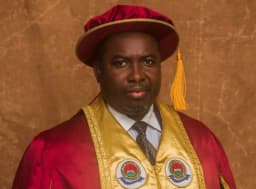


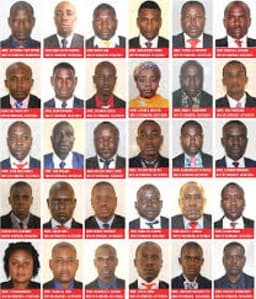


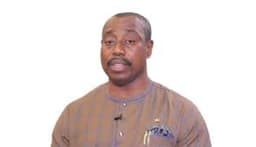





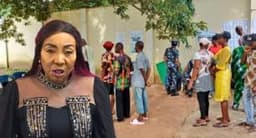




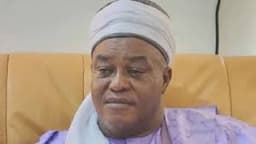

NEWS EXPRESS is Nigeria’s leading online newspaper. Published by Africa’s international award-winning journalist, Mr. Isaac Umunna, NEWS EXPRESS is Nigeria’s first truly professional online daily newspaper. It is published from Lagos, Nigeria’s economic and media hub, and has a provision for occasional special print editions. Thanks to our vast network of sources and dedicated team of professional journalists and contributors spread across Nigeria and overseas, NEWS EXPRESS has become synonymous with newsbreaks and exclusive stories from around the world.